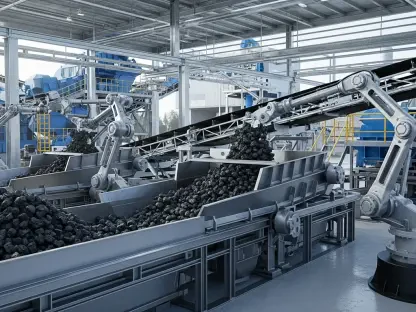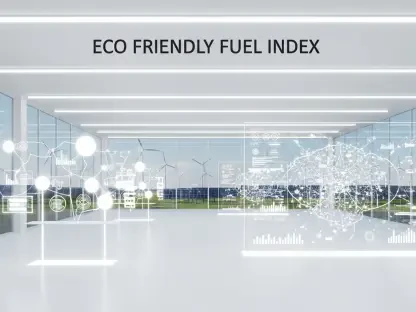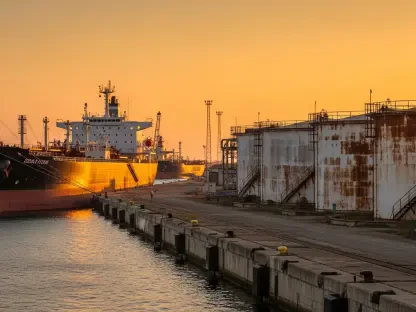Navigating the Future of Aviation
Could the skies above Turkey soon be filled with cleaner, greener planes? As global environmental concerns heighten, Turkey has taken a substantial step by mandating the increase in sustainable aviation fuel (SAF) usage to reshape its aviation industry’s impact on the planet.
The Importance of Sustainable Initiatives
Aviation is responsible for approximately 2.5% of global energy-related CO2 emissions, a significant contributor to climate change. This percentage may seem small, but as air travel grows, so does its impact. Addressing these emissions is imperative for countries worldwide. Turkey faces its own set of aviation-related environmental challenges, driven by its expanding tourism sector and strategic location as a crucial hub connecting Europe and Asia. Given these circumstances, Turkey finds itself both challenged by the environmental toll of its burgeoning air traffic and poised with unique opportunities to lead regional sustainability efforts.
Turkey’s SAF Policy Unveiled
Turkey’s mandate on SAF paves the way for a substantial reduction in emissions, aiming to cut aviation emissions by a notable 5% by 2030. Aligning with the U.N. International Civil Aviation Organization’s emission reduction scheme, set to become mandatory in 2027, Turkey requires airlines to incorporate SAF into their international flight operations. Jet fuel suppliers, including domestic refiners like Tupras and Socar, must ramp up their production capabilities to meet the set requirements, facing penalties for non-compliance. Key mandates stipulate that airlines load 90% of required SAF for international flights from Turkey, pushing both airlines and suppliers to adopt more eco-friendly fuel practices swiftly.
Industry Leaders’ Perspectives
Feedback from industry experts and operators offers a glimpse into the initiative’s potential impact. Companies such as Tupras and Socar have announced ambitious plans to boost SAF production, with Tupras targeting 20,000 metric tons of SAF by 2026 and DB Tarimsal Enerji setting a production goal of 100,000 tons. Leaders forecast that Turkey’s SAF mandate could inspire global aviation sectors to adopt similar measures, aiding in comprehensive emission reductions. Airline operators have already started adapting their logistics and operations to align with these new standards, sharing anecdotes of the challenges and benefits of transitioning toward SAF.
Strategic Execution and Impact
Clearly integrating SAF into the fuel supply chain requires thoughtful strategy. Airlines need effective systems to ensure consistent SAF use across operations, collaborating closely with suppliers to avoid penalties. Suppliers, in turn, must focus on scalability, innovation, and meeting production targets by leveraging technologies and resources effectively. Beyond compliance, stakeholders across the aviation sector are encouraged to support Turkey’s green initiatives by optimizing collaborative processes, investing in sustainable technologies, and promoting a broader shift in fuel sourcing and usage practices to contribute to global efforts to reduce carbon footprints.
A Future Awaits a Greener Sky
Turkey’s decisive actions with SAF usage set a pioneering example for others. This bold move not only reinforced Turkey’s commitment toward environmentally conscious development but highlighted the aviation industry’s potential to pivot towards sustainability with determination. As airlines and suppliers navigate these new regulations, their efforts promise a more sustainable future in aviation, showcasing an impactful pathway for emission reduction. In embracing these measures, Turkey positioned itself as a crucial player in environmentally responsible global aviation.









